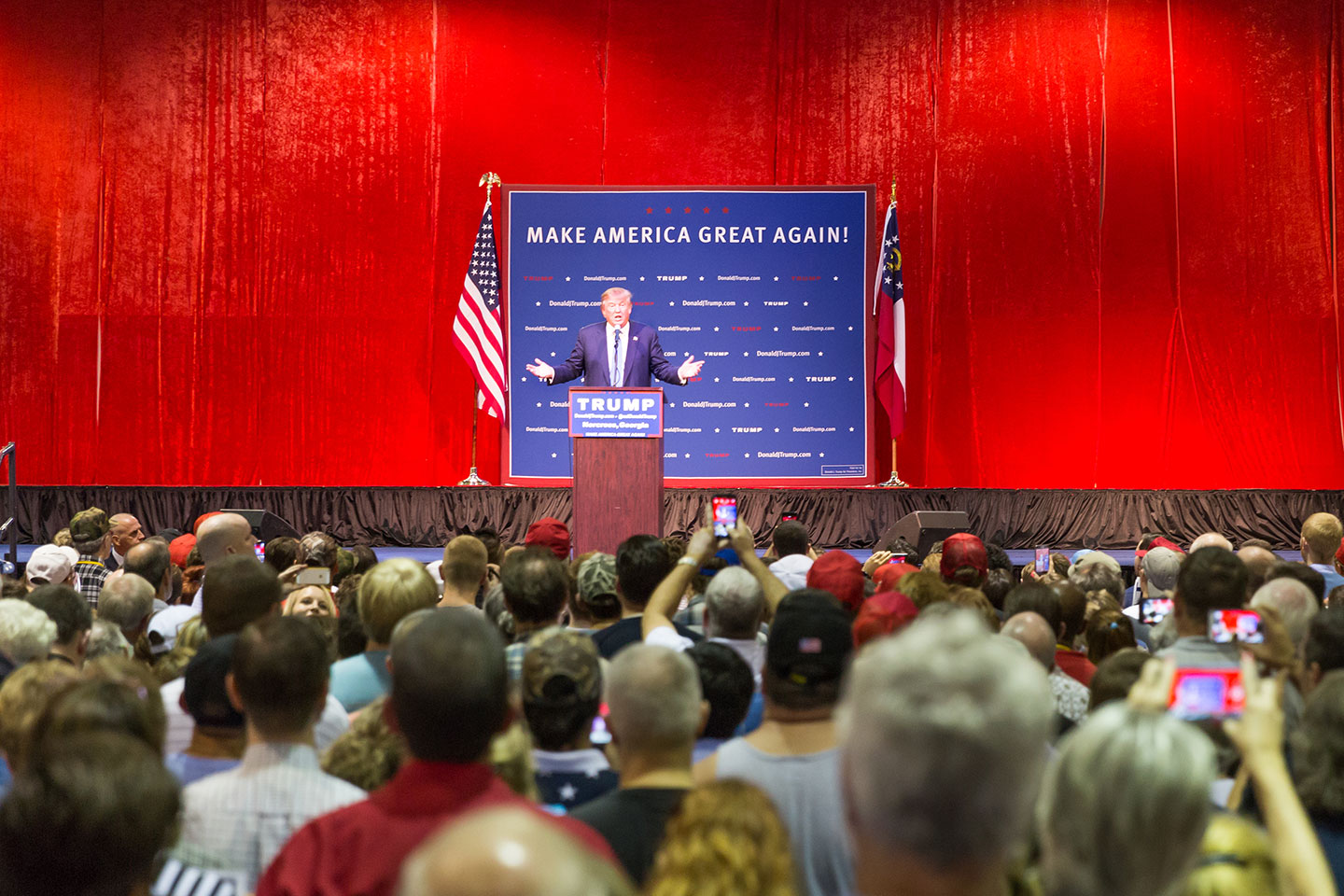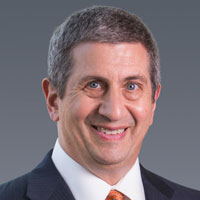In the “America First” world view of President Donald J Trump, the complexities of international trade can be boiled down to “exports, good; imports, bad”. Countries and companies that export are winners, whilst imports are for losers.
The US trade deficit, he says, is proof that his predecessors’ weak leadership has allowed America to be taken advantage of, costing it hundreds of billions of dollars. His remedy to America’s perceived weakness: strength through tariffs and protectionism, with China top of the list for corrective action.
In a recent tweet, Trump proudly styled himself as a “Tariff Man”, going on to claim that his approach was reasserting economic power, bringing billions of dollars into US coffers, and setting the stage to “MAKE AMERICA RICH AGAIN” (his emphasis).
Coming days after apparently agreeing a truce with China’s president, Trump has once again shown he has no intention of dropping his impulsive and erratic approach to international relations.
The relationship between Trump’s Twitter stream and reality is frequently one of polar opposites. So do his claims of reasserting America’s supposedly “lost” economic prowess stand up?
In a recent research study I found that Trump’s toxic approach to economic policy has actually caused a significant hit to US exports. Indeed, I found compelling evidence that far from “winning”, in his first year in office Trump’s alienation of much of the rest of the world slashed more than US$3 billion from US exports.
My study centres on the concept of “soft power” which is the ability of one country to influence others through persuasion and the attractiveness of its culture, ideals and policies. This contrasts with “hard power” which involves the use of force, either military or economic, to coerce others to behave in a certain way.
The study compiled data spanning almost two decades from a range of global surveys that track foreigners’ changing perceptions of various major world powers. These are conducted annually by groups such as Gallup, the BBC and the Pew Research Institute and give a clear picture of a country’s soft power – that is, its attractiveness to foreigners. This data was then plotted against annual international trade figures.
From this it emerges that a one percent increase in a country’s leadership approval causes an increase in exports of around 0.66 percent. In other words exporters sell more to countries which approve more of the job performance of their leadership.
Correspondingly, a one percent increase in leadership disapproval resulted in a 0.35 percent decrease in exports.
Volatile and confrontational
Looking at foreign perceptions of the United States specifically, between 2016 (the last year of the Obama presidency) and 2017 (Trump’s first year in office), average net approval by foreigners of American leadership plunged by 24 percent, from +16.6 to -7.4.
This leads to a conservative estimate that plunging foreign perceptions of Trump and America’s leadership wiped out at least $3 billion off US exports. Indeed, the figure is likely considerably higher given that in Canada and Mexico (by far America’s largest export markets), the surveys showed net approval of America’s leadership sunk by more than 60 percent.
So whilst Trump may pour scorn on his predecessors for costing the US billions, data shows that his toxic personality has probably been more important in restraining American exports.
The message here is that soft power – the ability of one country to attract another – is of substantive importance in both understanding and influencing international trade.
It’s a subtlety that is likely beyond Trump’s nativist zero-sum view of global trade, where one party wins at the expense of another. Notably, this is a rare point on which Trump has actually remained consistent.
Yet, to quote Nobel Prize winning economist Paul Krugman, a country is not a company. The simple equations of profit and loss that make up a business’s bottom line are not the same as a nation’s trade balance. When I buy chicken rice at a hawker centre, for example, the stall owner does not “win”, nor do I “lose”. We both gain.
Nonetheless, this is the view that drives Trump’s volatile and confrontational approach to global trade.
With his insults and Twitter threats of ever more punitive tariffs if he does not get his way, Trump, it seems, has little regard for the concept of soft power. Yet the data shows that soft power is indeed powerful: it influences both international trade and, through its impact on key political relationships, influences global security.
So whilst Trump and his kind place little value in data, evidence, or the word of “experts”, it is important for academics and educators to take a stand for rationality, distinguishing facts from politicised opinion.
In a world of alternative facts, it matters that we keep showing what is really going on and why.
Professor Andrew K. Rose is the Bernard T. Rocca, Jr. Chair in International Business & Trade, Haas School of Business, at the University of California, Berkeley.
He was recently named as the new Dean of the National University of Singapore (NUS) Business School, a role he begins in 2019.




